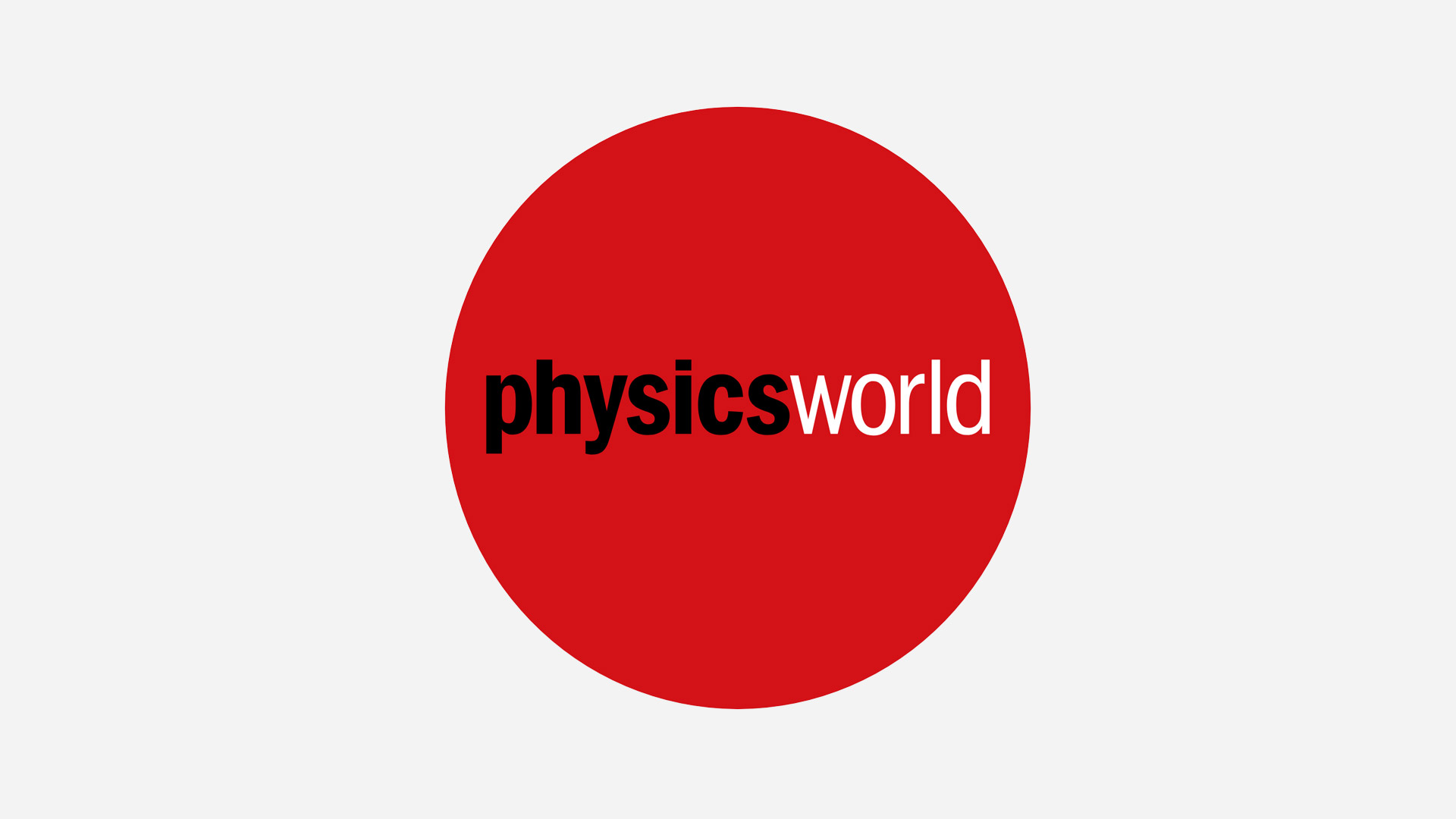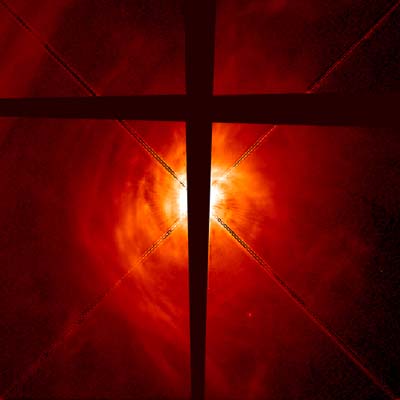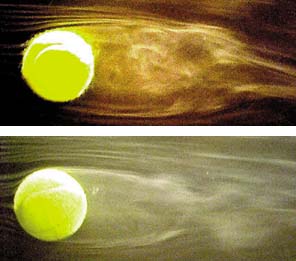Author
Array
(
[0] => linkedin
[1] => facebook
[2] => twitter
[3] => google-plus
[4] => youtube
)
Array
(
[0] => linkedin
[1] => facebook
[2] => twitter
[3] => google-plus
[4] => youtube
)
Array
(
[0] => linkedin
[1] => facebook
[2] => twitter
[3] => google-plus
[4] => youtube
)
Array
(
[0] => linkedin
[1] => facebook
[2] => twitter
[3] => google-plus
[4] => youtube
)
Array
(
[0] => linkedin
[1] => facebook
[2] => twitter
[3] => google-plus
[4] => youtube
)
No Author
Author archive

The new elements were made by bombarding a lead-208 target with an intense beam of high- energy krypton-86 ions over an 11-day period. The krypton ions were accelerated by the 88-inch cyclotron at the Lawrence Berkeley National Laboratory in California. Three atoms of element 118 were detected, all containing 118 protons and 175 neutrons. The […]

1. The Elegant Universe: Superstrings, Hidden Dimensions, and the Quest for the Ultimate Theory by Brian Greene A fascinating and thought-provoking journey through the mysteries of space, time, and matter. Today physicists and mathematicians throughout the world are feverishly working on one of the most ambitious theories ever proposed: superstring theory. String theory proclaims that […]

The physicists scanned a series of Pollock’s artworks into a computer and masked each painting with a series of grids. They then counted the number of squares that contained part of the painted pattern (N) – using the well-know ‘box-counting’ method of fractal geometry – and reduced the size of the squares (L). The largest […]
 Read article: Hubble finds planetary transition point
Read article: Hubble finds planetary transition point
The results help to confirm the view that other planetary systems form in ways similar to our solar system. The Kuiper belt is a disk of dust, gas and icy comets stretching from 40 to 10000 times the Earth-Sun distance. Recently astronomers observed protoplanetary disks encircling young stars up to 1 million years old and […]

French cafés have long been a meeting point for intellectuals. In the 18th century Victor Hugo met fellow revolutionaries at the Procope in Paris, and in the 1950s groups of existentialists, including Jean-Paul Sartre and Albert Camus, gathered in the Parisian cafés Flore and Les Deux Magots. Today, the French are discovering what physicists have […]

The collisions are termed “asymmetric” because the electrons are accelerated to 9 GeV – three times the energy of the positrons. As the two beams collide, they generate B mesons that decay within a trillionth of a second. The newly formed particles fly into the detector at different velocities, which makes it easier to separate […]
 Read article: Biomedical optics
Read article: Biomedical optics
Recent advances in lasers, optics and information technology will make biomedical imaging faster and cheaper, and will also reduce the need for surgery
 Read article: Game, set and slower match
Read article: Game, set and slower match
To many sports fans, the month of June is synonymous with the Wimbledon tennis tournament. Thousands of people will flock to the All England Lawn Tennis Club to watch the players battle it out on the grass courts, and millions more will watch the tournament on television. But many tennis officials, players and spectators complain […]

There is no doubt that the world has an increasingly intense love-hate relationship with science. Physics certainly does not escape this deep ambivalence, and we naturally wonder if there is anything that might make “them” love us a little more and hate us a little less? This question can be formulated seriously, and will be […]

A frequent complaint at gatherings of senior physicists is that that everyone with a PhD in theoretical physics abandons research to follow a lucrative career as a “rocket scientist” in the City. This is good, some senior figures argue, because it shows that theoretical physics can create wealth, which is important when applying for research […]
Copyright © 2025 by IOP Publishing Ltd and individual contributors



